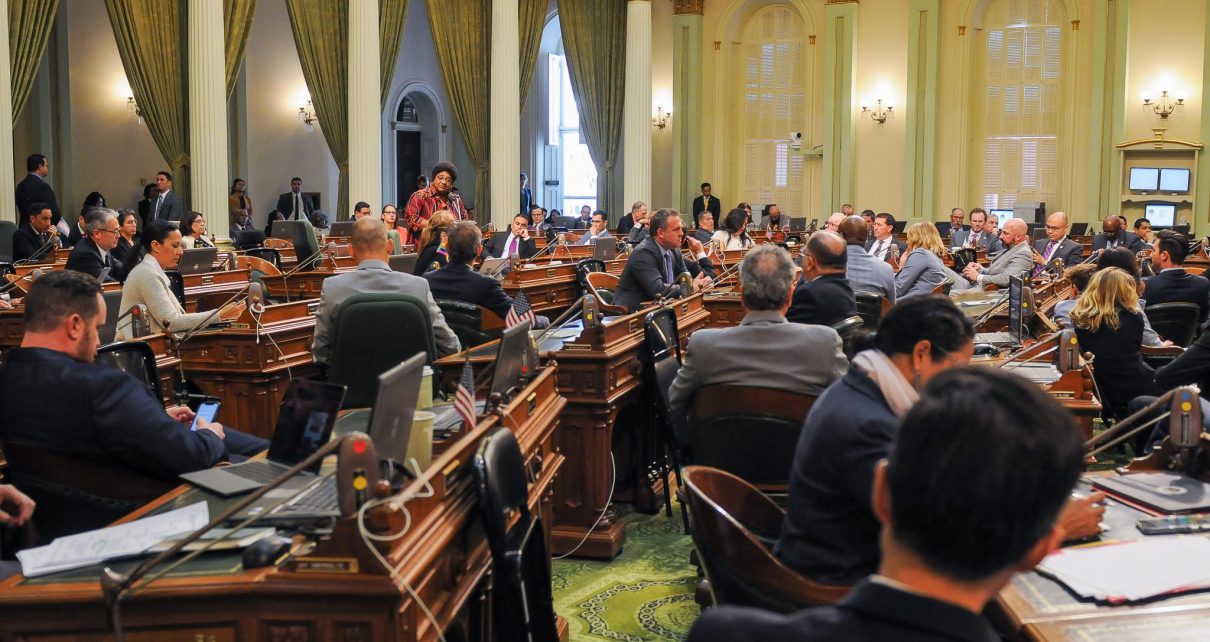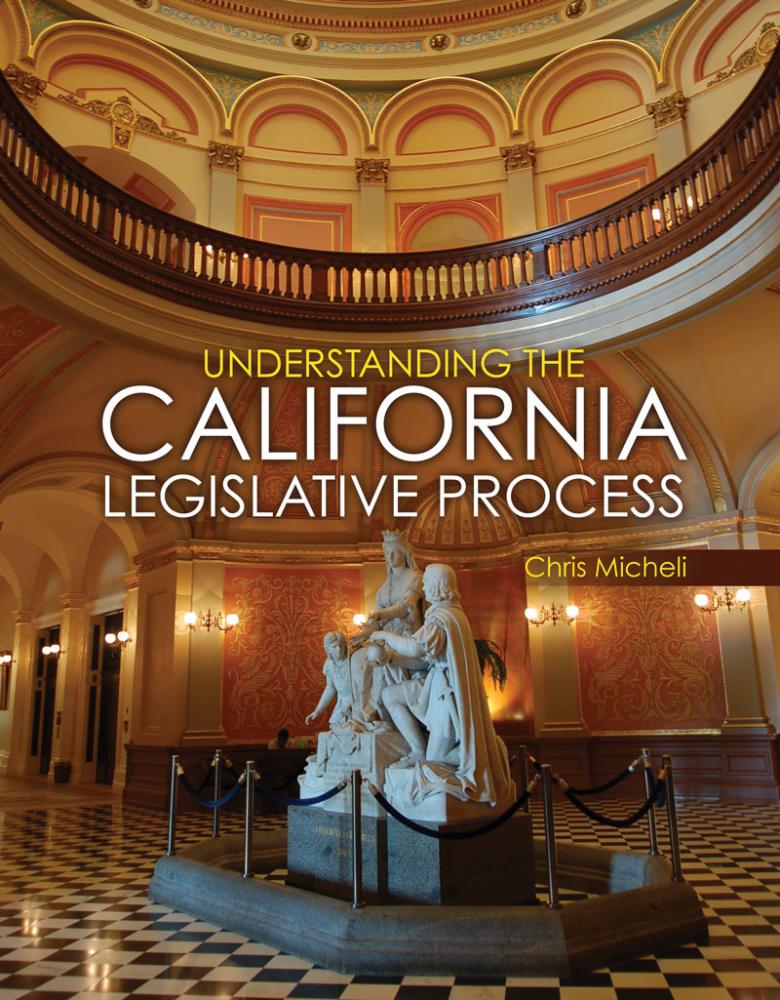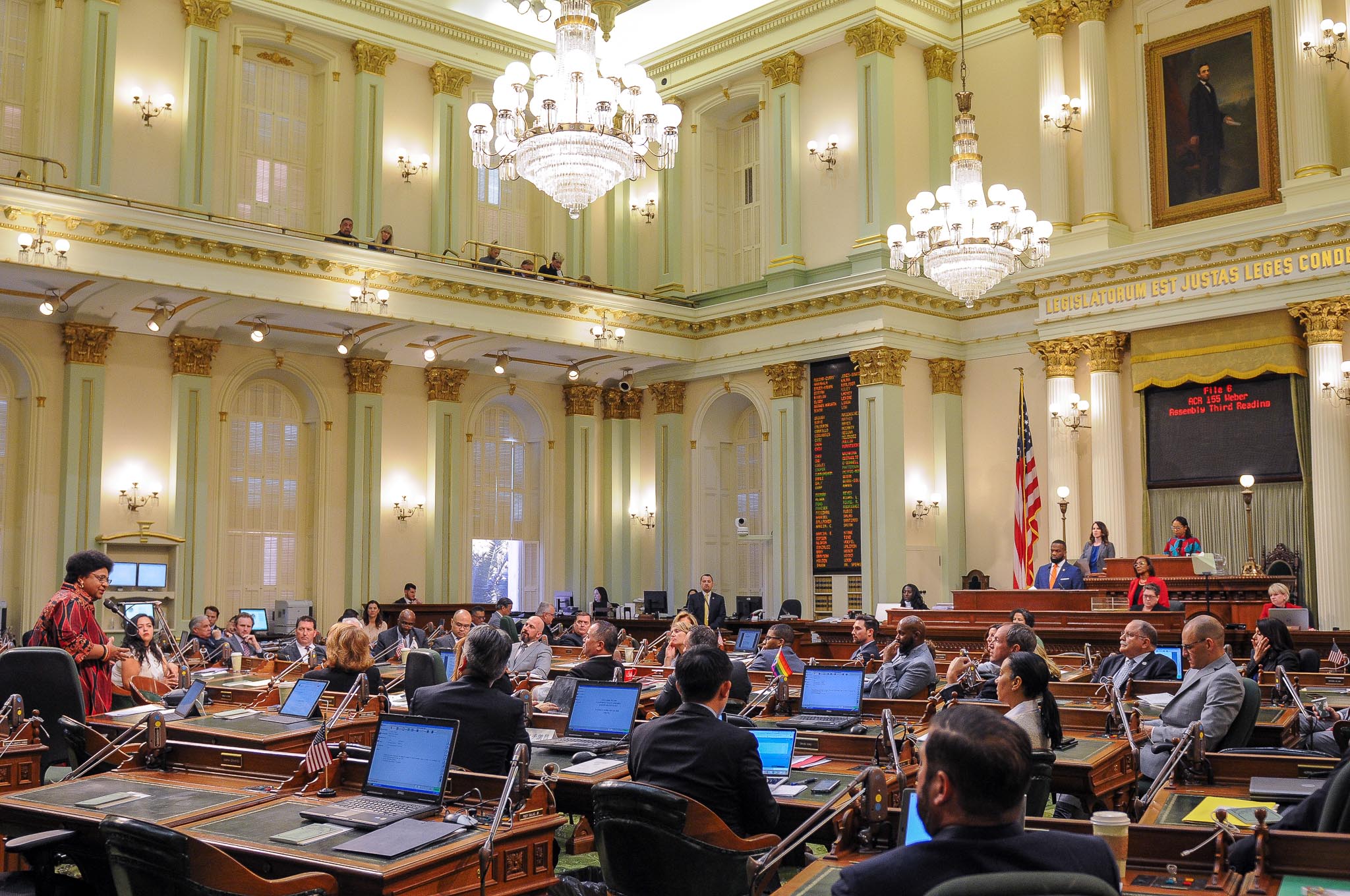
California State Assembly. (Photo: Kevin Sanders for California Globe)
Practical Tips for Working with California Legislative Staff
Respect the institution, and respect the process
By Chris Micheli, April 10, 2023 6:18 am
In talking with legislative staff the past few months, there are some practical tips that were shared with me for those working with staff in the California State Capitol. While some of these recommendations may seem obvious, many of them bear repeating. Having started my career as a volunteer intern, I appreciate the suggestions I have received from chiefs of staff, legislative directors, schedulers, and aides.
The following are some of the suggestions shared with me these past few months:
- Don’t alienate any Members’ schedulers. They are very important staff, and should have your utmost respect.
- Keep staff in the loop about any conversations you have with their Member. It is respectful and will allow the staff to hopefully bolster your conversation.
- No matter your relationship with a Member, don’t just pass by the front office staff.
- Don’t forget to share your advocacy letters and support materials with the relevant Assembly Republican Caucus consultant and Senate Republican Caucus consultant.
- Limit the small talk with Members; in other words, get straight to the point.
- If you or your client are sponsoring a bill, never take a meeting on that bill without first asking the author’s staff if they would like to join. It’s their bill, not yours.
- Don’t send the author’s office amendments without offering to explain to author’s staff what the amendments do. It’s their bill, not yours.
- Always identify the client you are engaging on behalf of.
- Some staff do not mind drop-ins, while others do not. Do your best to respect staff time and make every attempt to try and schedule an appointment so that the staffer you want to talk to can make sure they can give you their undivided attention.
- Also, drops-ins to do a quick check in are much different than drop-ins intending to have a deep discussion on the bill. The latter should require a meeting request.
- Floor alerts are unnecessary. Everyone seems to do them because they want their bill to stand out, but because everyone does them no bills stand out. They are just clutter.
- Put your letter in the portal. Staff do review them. After your letter is in the portal, you don’t need more communications unless there are updates because the bill language changed, or you have a change in position.
- The email deluge is real. In addition to emails related to their job functions, staff inboxes are often full and they appreciate email etiquette. Your email should provide a clear subject line; put emphasis on the important points; make the “ask” clear; put all relevant info in the body of the email, and don’t include attachments unless they are imperative.
- Because of the limited space in the swing space, be clear about how many people will be coming to your meeting and update staff if there are changes. They need to know beforehand if they need to find space or request a conference room.
- Sometimes you’ll need to be willing to be flexible on meetings and take them via zoom or phone if you can. It’s so much easier to take large group meetings on zoom because of the physical space issue.
- As a general rule, always start the meeting off with what your ask is so staff don’t have to figure it out while you’re talking. Put all the cards on the table and have honest discussions.
- Bills that have support from both caucuses, as well as bills that have previous unanimous vote counts, or are on the consent calendar, do not need meetings, floor alerts, vote counts, or check-in meetings with staff.
- Every legislator has a public inbox. Use that for any mass email campaigns. Have mass emails sent to staff will not be appreciated.
- Know the background and voting history of the Member you are meeting with.
- If you happen to have a staffer’s phone number, don’t abuse the privilege.
- If you are going to oppose a bill, reach out to the author’s office before the committee hearing when there is enough time to try and work out your issue.
- Staff talk to each other and so they are going to find out what you’re doing or what you said to another staffer when you were meeting with them.
- Don’t approach Members without trying their staff first.
- When there is a coalition effort on an important bill, don’t send each coalition member to separately lobby the Member or staff. Rather, try to consolidate those meetings.
- Don’t send chiefs of staff scheduling items. Those should be directed to the Member’s scheduler.
- Don’t work on amendments or negotiate a bill, even when you are the sponsor, without involving the Member’s staff, or at least coordinating with them.
- Treat everyone in the legislative process with respect.
- Above all else, be honest.
- This one’s from me: Respect the institution, and respect the process.
- Division of Real Property in California - August 10, 2025
- Emergency Protective Orders for Preventing Domestic Violence - August 9, 2025
- Another Legislative Statement in Bills - August 8, 2025








My takeaway from this list is that these “legislative staff” have COMPLETELY forgotten that they are SUPPOSED TO BE PUBLIC SERVANTS, not Kings & Queens and tyrannical despots…
A lot of “bowing & scraping” expected here….
Good article for someone like me who’s not involved in the process to see how much work legislation involves! One proofreading remark: “Some staff do not mind drop-ins while others do.”